


ResulEvis
Forum Replies Created
– Zinc: important for immune system function and wound healing
– Vitamin D: important for bone health and calcium absorption
– Phosphorus: works together with calcium to support bone health and is also important for energy metabolism
– Potassium: important for fluid balance and muscle function
Cats and dogs require a variety of vitamins and minerals to maintain optimal health. Some of the most important ones include:
– B vitamins: important for energy metabolism and nervous system function
– Copper: necessary for the formation of connective tissues and for iron absorption
– Vitamin E: acts as an antioxidant and helps support immune system function
– Iron: necessary for the formation of red blood cells and oxygen transport
It’s important to ensure that your cat or dog is receiving adequate amounts of these vitamins and minerals in their diet. High-quality pet foods should contain the necessary amounts of these nutrients, but it’s always a good idea to consult with a veterinarian or animal nutritionist to ensure that your pet’s diet is balanced and meets their individual needs.
– Psyllium: psyllium is a type of soluble fiber that can be added to a cat or dog’s diet to support digestive health
– Fruits: fruits such as apples, bananas, and blueberries can also provide fiber to a cat or dog’s diet
Fiber is an important component of a cat or dog’s diet and helps to support digestive health. Some of the best sources of fiber for cats and dogs include:
– Beet pulp: beet pulp is a good source of insoluble fiber that can help to regulate bowel movements in cats and dogs



– Vitamin K: essential for blood clotting and bone health